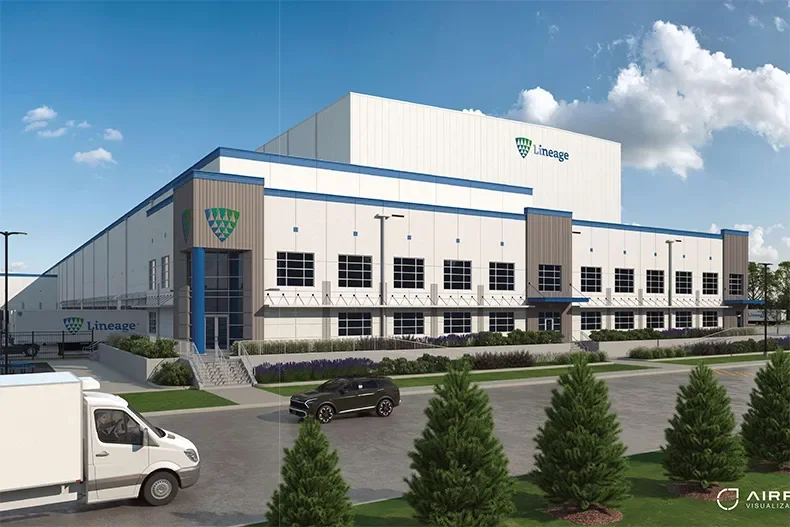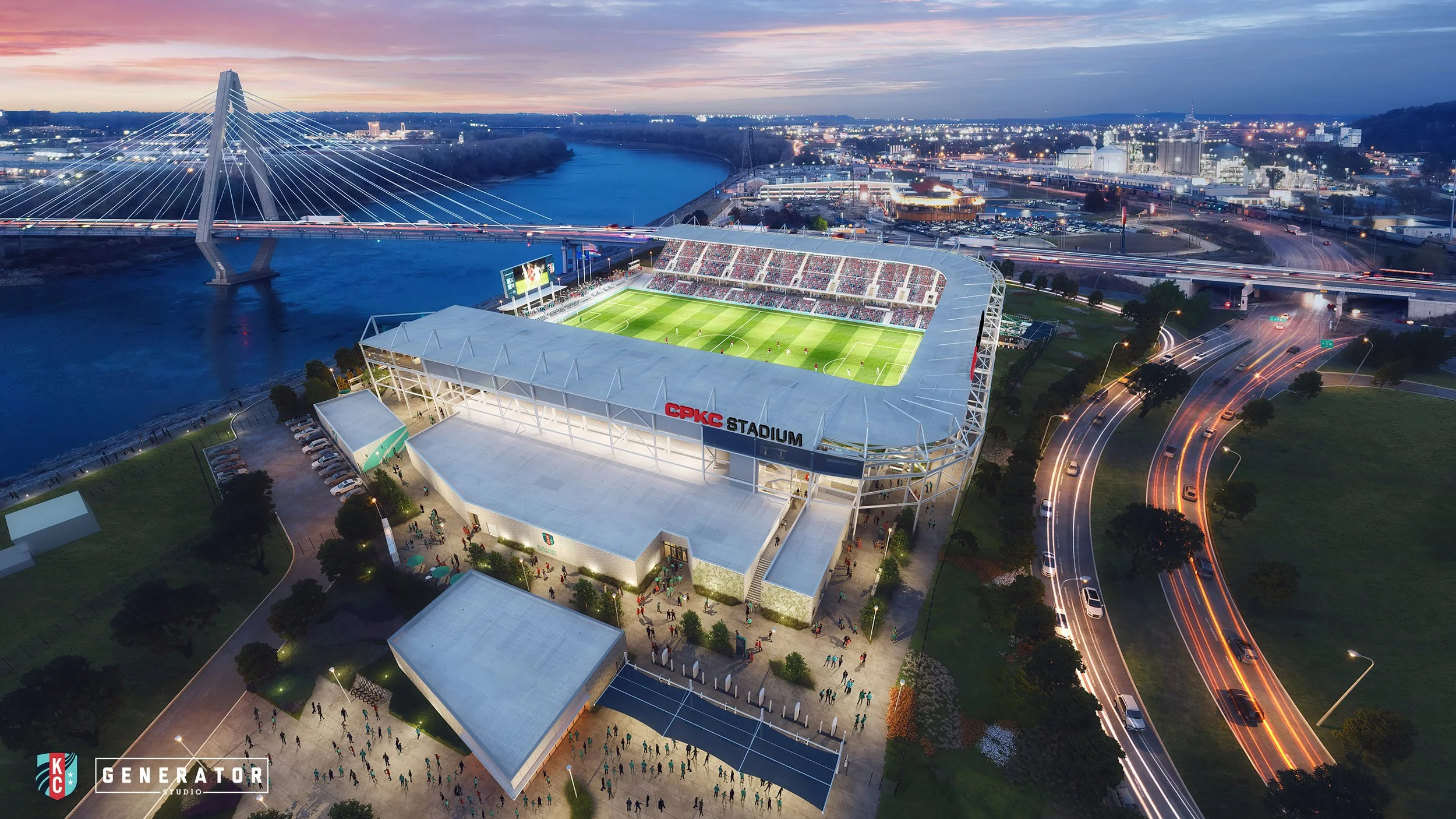Kansas City, Missouri, has partnered with Grayson Capital to develop a new 470-space parking facility in the 18th & Vine District, a historic and culturally significant area. The project will not only increase parking capacity but also improve infrastructure and connectivity, supporting the District’s growth as a hub for entertainment, culture, and history.
The parking garage at 1819 Lydia Ave. will serve as a key transit hub, providing much-needed space for the District’s visitors and residents. Funded by a $20 million allocation from the City Council, the project will enhance accessibility for the area’s ongoing revitalization efforts.
Mayor Quinton Lucas emphasized the development's importance in fostering the long-term growth of the Jazz District, noting that this project will support future developments while preserving the District’s cultural heritage. City Manager Brian Platt highlighted the project's broader impact, which is one of many revitalization efforts underway in the 18th & Vine area, bringing investment and job opportunities to Kansas City’s East Side.
Councilwoman Melissa Patterson-Hazley pointed out the significance of the public-private partnership, calling it a milestone for community development and economic growth. Councilwoman Melissa Robinson also expressed her enthusiasm, noting the improvements in walkability, safety, and access that the new facility will bring to the area.
The facility, currently in the design phase, is slated for completion ahead of the 2026 FIFA World Cup. Once finished, the City of Kansas City will own and operate the garage, ensuring its role in supporting local businesses and attractions for years to come. JE Dunn Construction will collaborate with Grayson Capital to bring the project to fruition.
Header image: A conceptual rendering of the 470-space parking garage at the18th and Vine District. Image courtesy of Grayson Capital










